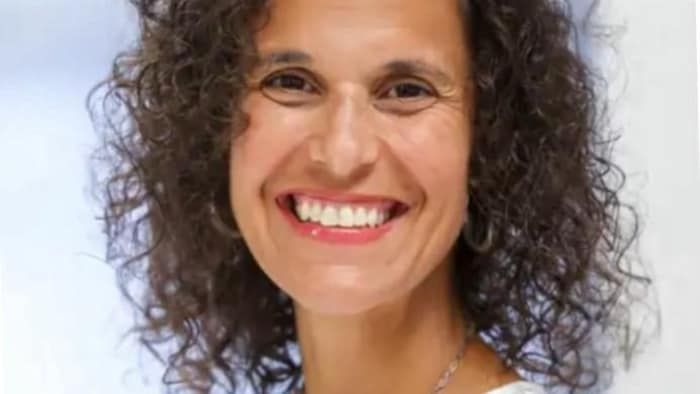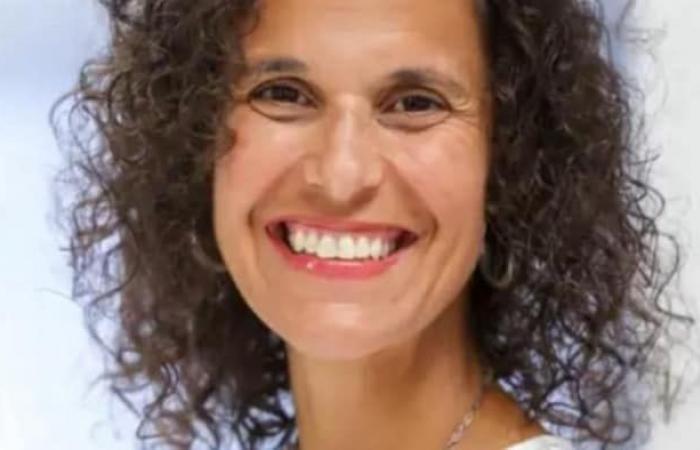Toronto resident Renesha Monaco has not drunk alcohol for two years. Her sobriety journey began with the No Alcohol January Challenge. It was a way for her to explore what her life would be like.
After a month of sobriety, she did not regret her choice.
I slept better because I no longer woke up with a hangover. My skin was clearing up. I was losing weight
she lists.
Open in full screen mode
Toronto resident Renesha Monaco has been sober for two years.
Photo: - / Submitted by Renesha Monaco
Since then, she has dedicated herself to creating alcohol-free events through her organization Sobar Social Club (New window). According to her, January is the busiest time of the year.
January is the best time for people interested in sobriety to discover what life can be like without alcohol. This is a great time for people to join us.
Open in full screen mode
Alcohol-free events organized by Renesha Monaco are becoming more and more popular.
Photo: - / Submitted by Renesha Monaco
Shivani Sharma, a resident of Vaughanhas the same experience. She is participating in the challenge of January without alcohol
for two years. This allows it to reset after the holiday season.
It’s a good reboot, a refresh to return to a normal, healthy lifestyle
she explains.
The benefits for mental and physical health are numerous, she adds.
I feel like I’m a little more alert and have more energy
she says.
Kara Thompson is Associate Professor of Psychology at St. Francis Xavier University and Research Chair in Substance Use Policy and Prevention.
In an interview on the morning show of CBC Metro Morning, she said she was delighted with the increased enthusiasm for the month of alcohol-free January.
There are many benefits to giving up alcohol, even if it’s just for a month. Participants often experience better sleep, a strengthened immune system, and increased energy. Some will also notice weight loss.
Any cessation of alcohol consumption also reduces the risk of cancer, according to Ms. Thompson.
Effects linked to individual habits

Open in full screen mode
-Geneviève Desautels, general director of Éduc’alcool, likes the idea behind the month of alcohol-free January.
Photo : - / Submitted by Geneviève Desautels
Geneviève Desautels is the general director of Éduc’alcool, an organization that raises awareness among the Quebec population about responsible alcohol consumption.
The principle of January without alcohol
is, according to her, well-founded.
This is conducive to our reflection on our relationship with alcohol. It leads people to make informed choices regarding responsible consumption.
believes Ms. Desautels.
However, she emphasizes that the beneficial effects are often felt more among people who consume large quantities of alcohol regularly.
It is certain that if I have three drinks a month and I do the month of January without alcohol, I would not say that I sleep better, that I have lost weight, that I have better mental health and I feeling less anxious.
Ontario Newsletter
Subscribe to the Ontario newsletter.
Understanding the causes of overconsumption
Sophie Solmini, a drug prevention counselor in Toronto, recognizes the benefits of the trend.
The ideal, according to her, would be for people to maintain the good habits developed during the month of January throughout the year.
Some see it as a challenge. If I tell myself I have to do this for 30 days, I know that after 30 days I can go back to my old habits
she illustrates.
For those who have serious problems with overconsumption, it is above all a question of understanding what the causes are, she adds.
Let’s say I use alcohol to manage my anxiety. If I stop drinking for a month, chances are it won’t last. I’m going to have to drink at some point because I have to manage my anxiety.
Normalized sobriety
Kara Thompson reminds that those who participate in January without alcohol
will often reduce their alcohol consumption throughout the year if they see an improvement in their quality of life.
Sobriety is becoming more normalized and people are becoming more aware of the harms of alcohol and are deliberately choosing to drink less
she maintains.
Shivani Sharma, for her part, doesn’t want to end her sobriety efforts.
After participating, I didn’t crave alcohol so much. I feel good without having to drink
she said.
With information from CBC








